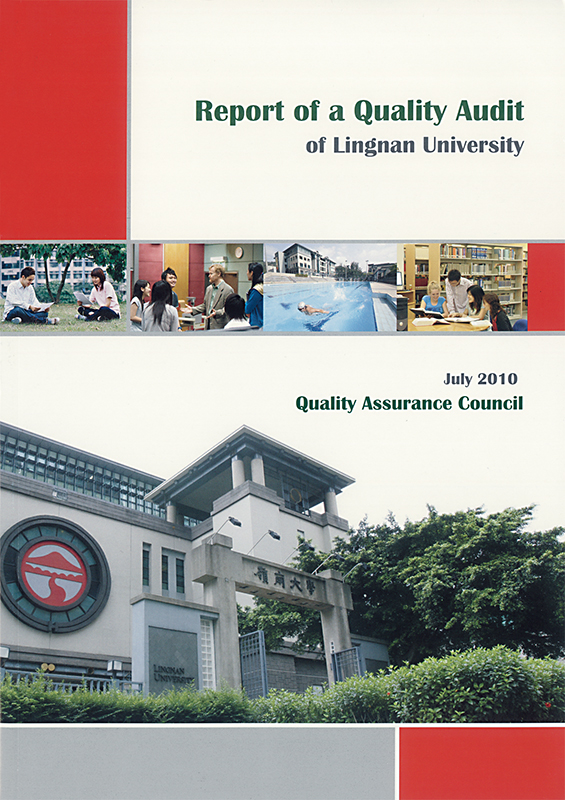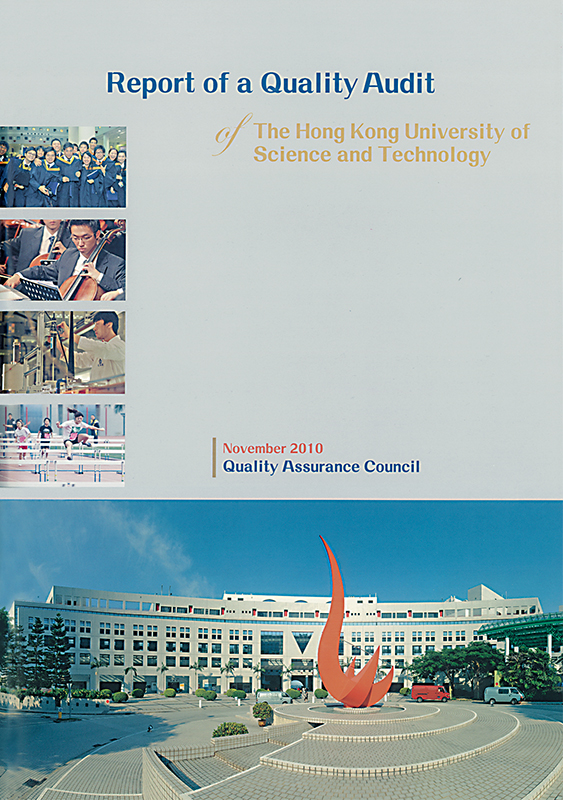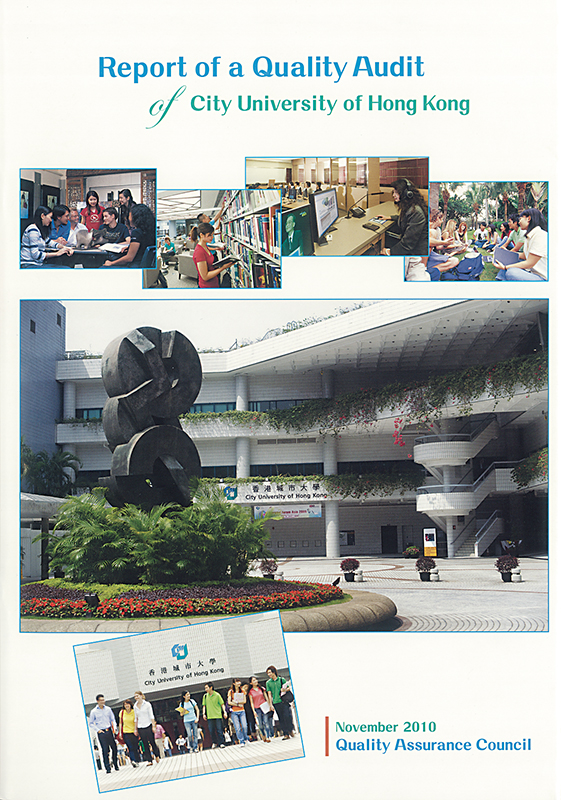|
Teaching has an indispensable role in the functions
of higher education institutions. The importance of “teaching and learning” is emphatically highlighted in the
“Aspirations for the Higher Education System in Hong Kong”.
The UGC is committed to safeguarding and promoting the quality of UGC-funded institutions and their activities. The
QAC, established in April 2007 under the UGC, operates at arm’s length from the Committee to provide
third-party oversight. One of the QAC’s core operational tasks is to conduct quality audits on individual
UGC-funded institutions to assure the quality of their educational provision (however funded) at first degree level and
above, with due regard to institutions’ autonomy and self-accrediting status. The quality audits are
conducted by independent audit panels appointed by the QAC, consisting of local and overseas academic as well as lay
auditors drawn from QAC’s Register of Auditors.
Apart from quality assurance, the UGC is also committed to enhancing teaching methods and student learning
outcomes, in particular the language proficiency of students. To this end, the UGC provides institutions
with the Teaching Development Grants and Language Enhancement Grants, and implements the Common
English Proficiency Assessment Scheme. The UGC also promotes outcome-based student learning approaches,
which are increasingly used in the global scene.
Quality Audits
The QAC’s approach to quality audits stems from the recognition that institutions have distinct and varied
missions, reflecting the UGC’s vision of a differentiated yet interlocking higher education system. Recognising
that
each institution has objectives appropriate to its mission, the QAC defines quality in terms of ‘Fitness for
Purpose’,
where institutions have different purposes that reflect their missions and the role statements they
have agreed with
the UGC. The QAC sees itself as forming a partnership with institutions in assuring and
enhancing the quality of
student learning experience in Hong Kong, for the benefit of all concerned.
A quality audit examines whether an institution has quality assurance processes in place appropriate for its
stated purposes, whether it pursues activities and applies resources to achieve those purposes, and whether
there
is verifiable evidence to show that the purposes are being achieved. The QAC’s Audit Manual sets out
how the
QAC conducts audits and what it expects to receive from institutions.
In 2010-11, three audit reports on LU, HKUST and CityU
were released, and the audits on PolyU and HKIEd were progressing well. All eight UGC-funded institutions will
have been audited by end of 2011 in the first audit cycle.

|

|

|
|
Audit reports of LU, HKUST and
CityU were published on 30 July, 18 November and 30 November 2010 respectively
|
Teaching and Learning
Teaching Development Grants
“Teaching and learning” is central to the roles of all institutions. To encourage institutions to adopt innovative
approaches to teaching, and to improve the quality of the learning environment, the UGC provides institutions
with Teaching Development Grants. For 2010/11, the UGC disbursed a total of $37.6 million as Teaching
Development Grants. Allocation is mainly based on the student numbers at undergraduate and sub-degree
levels.
UGC Teaching Award
To send a strong signal within the higher education sector and to stakeholders that the UGC attaches great
importance to quality teaching and learning, the UGC has decided to set up an annual UGC Teaching Award to
honour those who excel in teaching in the UGC sector. The award will be forward-looking – it will not only
recognise past and present teaching performance and achievements, but also the teachers’ leadership in and
scholarly contribution to teaching and learning within and across institutions. The UGC announced the details of
the award process in February 2011 and the first awardees will be selected and announced in the second half of
2011.
|



